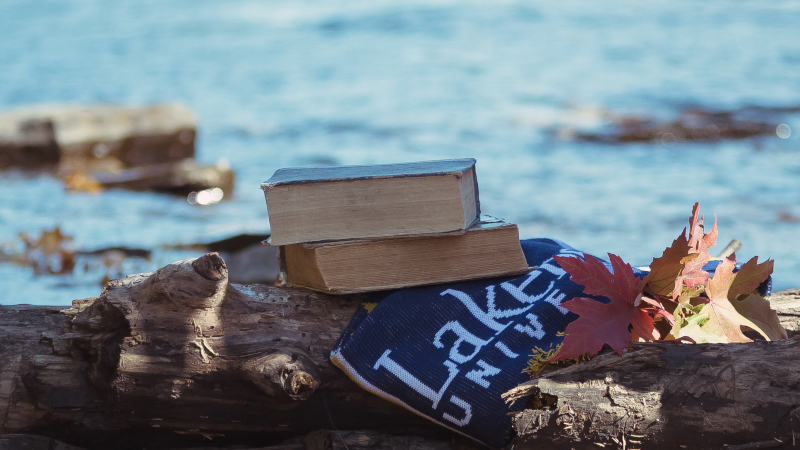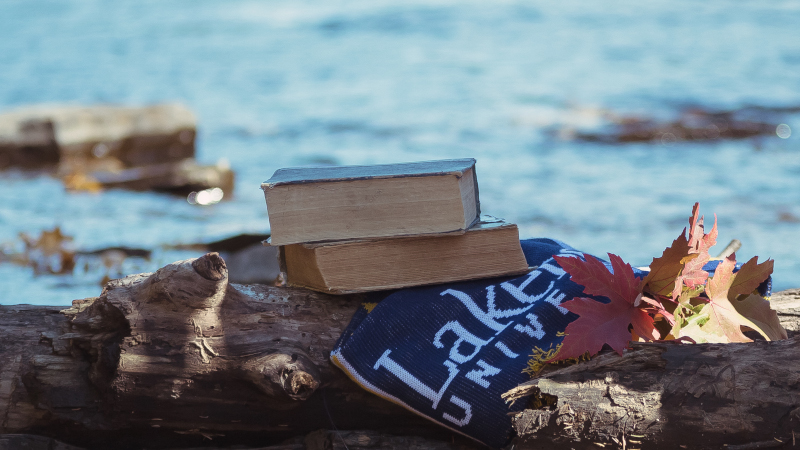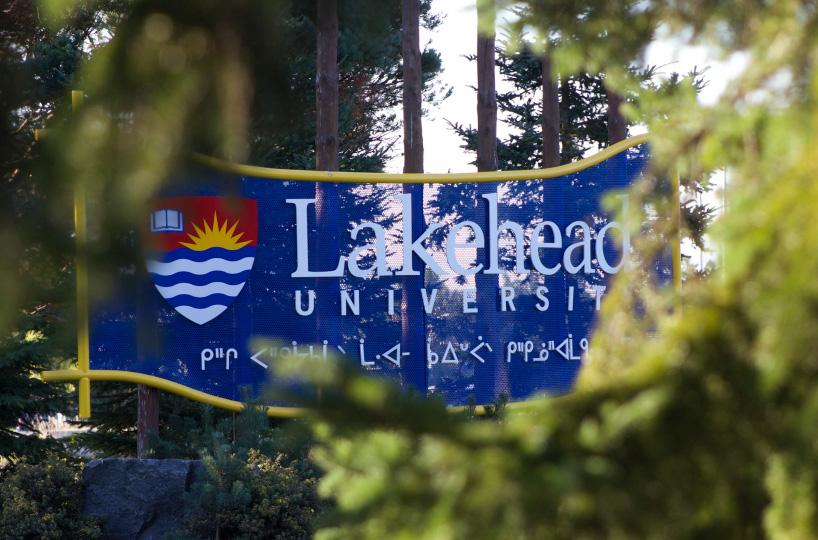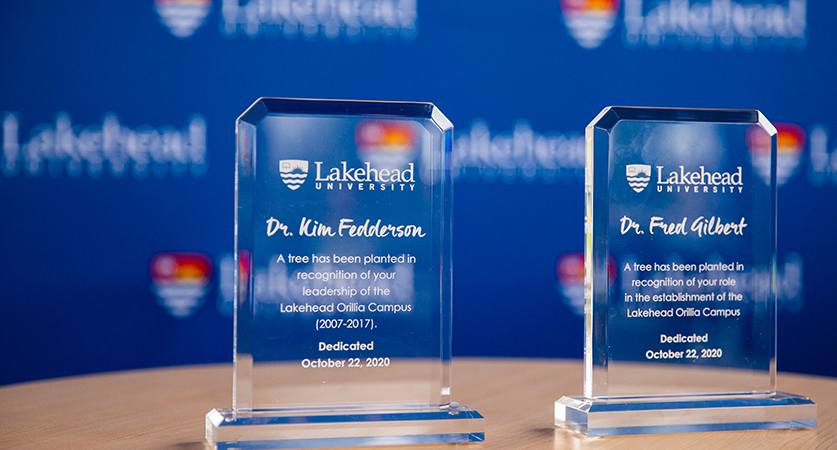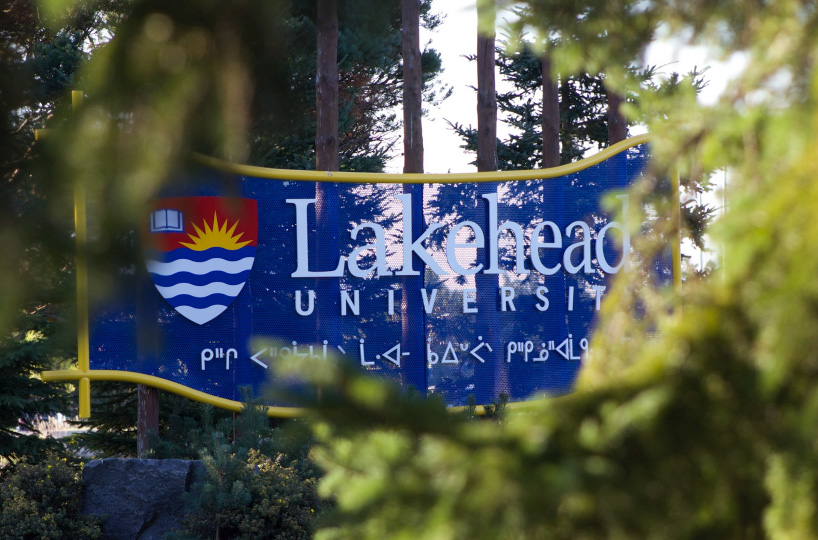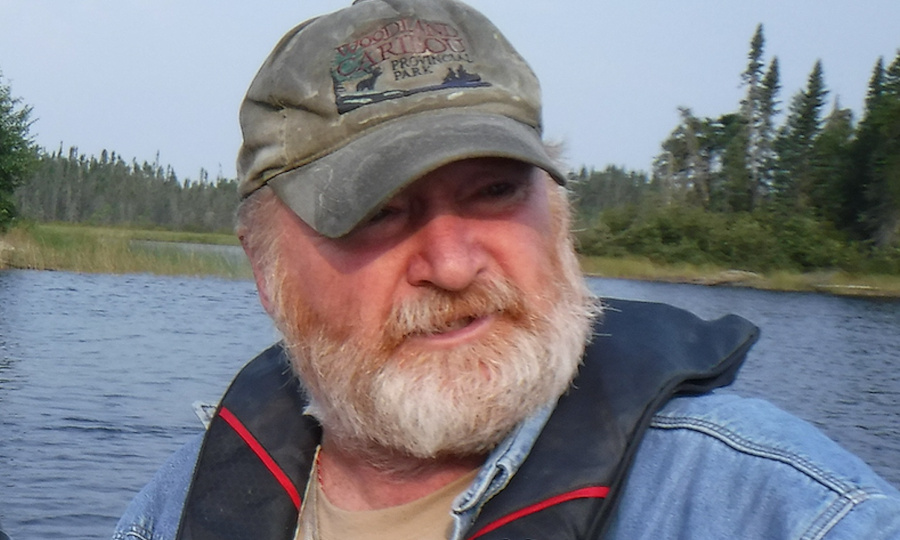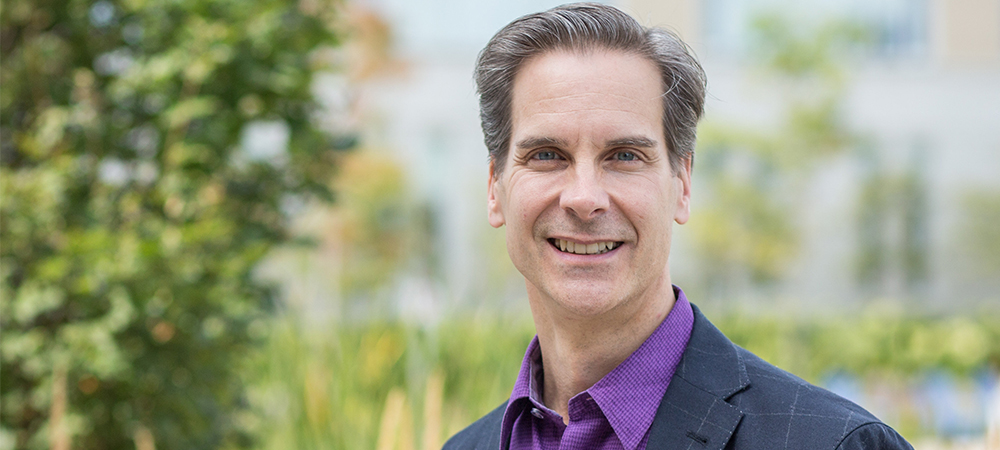Congratulations to Dr. Scott Hamilton (Dept. of Anthropology), honoured with the J.V. Wright Lifetime Achievement Award from the Ontario Archaeological Society at a virtual ceremony on Friday, Nov. 6.
Dr. Hamilton has worked as an archaeologist in Northern Ontario since the early 1980s.
In 1988, Dr. Hamilton was hired by Lakehead University. He is now a full professor and Chair of the Department of Anthropology, contributing to the addition of two new Master’s degree programs and also supervising many graduate students thereafter.
“Receiving recognition with an award named in honour of Dr. J.V. Wright is just about as good as it gets for an archaeologist studying Canadian Indigenous history,” Dr. Hamilton said.
“I want to thank the Ontario Archaeological Society for the honour, and also my nominators, friends and colleagues for their best wishes.”
Dr. Todd Randall, Dean of Science and Environmental Studies, said Dr. Hamilton was modest when accepting the award in front of approximately 100 people watching online.
“Dr. Hamilton has been recognized for his sustained contributions to our understanding of important Indigenous sites across Northwestern Ontario and Manitoba for over four decades,” Dr. Randall said.
“This recognition from his peers is a testament to his dedication both to scientific and cultural understanding of these areas and to mentoring the next generations of archaeologists across the region and across Canada.
“I can think of no better person to recognize at Lakehead University for his dedicated work in this area. True to his nature, Dr. Hamilton was exceedingly modest in receiving his award and acknowledged the many folks who partnered in the various projects and made it all possible, especially his wife Bev,” Dr. Randall added.
In his nomination remarks, Bill Ross (former Regional Archaeologist with the Ontario government) commented that Dr. Hamilton has also often assisted students by co-supervising in other departments (University of Manitoba, Brandon University, University of Saskatchewan, Memorial University, etc.).
He also noted that Dr. Hamilton has published with several students and most have gone on to work in cultural resource management (CRM), museum, or academic archaeological positions.
In the early 1970s, Dr. Hamilton began his career in Manitoba, and he has continued to collaborate with other archaeologists in western Canada. He first worked in Ontario in the early 1980s for then Ontario Ministry of Tourism, Culture and Sport, often with funding from the Ontario Ministry of Northern Development and Mines.
In the 1990s, while on faculty at Lakehead University, he worked with the Ontario Ministry of Natural Resources to update forestry heritage guidelines for Northern Ontario with the multi-year CARP project; this later contributed to improved guidelines from the Ontario Ministry of Culture. Since then, he has completed many academic and CRM projects all over Northern Ontario.
Most recently, he is the archaeology team co-leader (with Kevin Brownlee, curator of archaeology at the Manitoba Museum) for the Six Seasons of the Asiniskaw Ithiniwak Project, supervising one postdoctoral fellow and several graduate students at Lakehead University. This research is funded by a $2.5 million SSHRC partnership grant centred on Rocky Cree communities and the University of Winnipeg in Manitoba.
Often known as an innovator in archaeological technologies, Dr. Hamilton and his students have also been experimenting in the past few years with unmanned aerial vehicles (drones) as well as 3D modelling, printing and painting of artifact replicas.
Dr. Hamilton has also become a go-to person for Indigenous people to contact about archaeology in Northwestern Ontario. He is often asked to check out an area of development in a community, for heritage advice, or to review other archaeologists’ work in a traditional territory.
In 2013, he was one of the people receiving the Lakehead University Aboriginal Partnership Research Award along with Pikangikum and Lac Seul First Nations, Dr. Jill Taylor-Hollings (University of Alberta, Lakehead University), and Doug Gilmore (Ontario Parks).
Dr. Scott Hamilton
